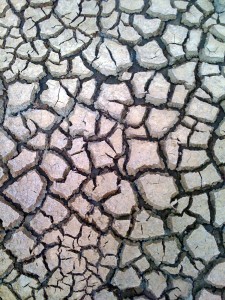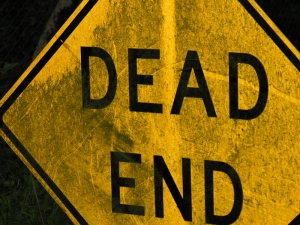We think or say, “I feel crazy” sometimes, don’t we? There are several different kinds of crazy, aren’t there? We may mean something completely different each time we use the same word to refer to separate states of mind or body or spirit at any given point in time that look or feel “crazy” to us.

Crazy can mean “out of control”, like someone acting or speaking in erratic or compulsive ways or reporting, for instance, that his or her mind is bursting with helplessly rapidly tumbling simultaneous thoughts. Other times, when we say someone is crazy, we mean that that someone take risks, perhaps unnecessarily. Slang uses, as they often do, overturn the negative and emphasize the positive ~ Coltrane was crazy!
Being crazy is usually bad, except when it’s good. Challenging the status quo…proposing evidently ridiculous theories or designs or visions that might later be deemed self-evident…risking one’s life to save another’s…voting for a candidate you believe in, even when they are likely to lose…these are “crazy” ways to behave and yet may be necessary for an individual, for all of us, to really live.
At 55 years of age this Friday morning at 7:10am (Newark, New Jersey time), I see some ways that my craziness is more relaxed, perhaps, over time. Drug use is way down and most of my current friends don’t abuse much of anything at all any more. Being monogamous eliminates the risk of rashly embarking on yet another dysfunctional relationship ~ instead, I can enjoy the regular “craziness” of my beautiful wife (only kidding, honey!) And I was never very radical as a musician, but some of my friends were ~ and they’re no longer in my life, for the most part. I don’t stay out late or much anymore or go on sleepovers. I mean, what’s up with this?
Is it the onset of creeping wisdom, or the solidifying of hard-earned survival skills? Should craziness be best experienced in our youth? We expect young people to be more or less “crazy” but that’s okay because they’re young. So maybe it’s not a bad thing that I’m not so crazy anymore.

It makes me nervous. I’m used to thinking of myself as crazy, actually. My parents told me that I was, my friends, my teachers, my girlfriends, my first and second wives…the list seems endless. But now, I’m a grownup, at least I think I am. And not too many people are telling me that I’m crazy (although that could be that they just got tired of telling me so).
Am I crazy? If so, how can I use it to my advantage and that of those I care for? Suicide comes up as an option, although I don’t think I’ve done that much damage to deserve it quite yet. I’m definitely in the purgatory category of Roman Catholic afterlife rather than the hell, at least as far as I can tell. Penance ~ hey, I’m a psychotherapist!
By the way, this brings up the question, can a crazy person help another? The answer, at least it seems so to some of us, is yes. Why? Because it’s easier to see “craziness” in others than in ourselves. Because my failures have taught me some things you may not know. Because the notion of the “Wounded Healer” I was taught in grad school at John F. Kennedy University in Orinda, California, turns out to be valid. How? By supporting rather than criticizing. By reflecting rather than directing. By nurturing rather than dragging out into the middle of the bell curve.
Can you dig?
Posted in Life, The Fringe







